Assessment should be ongoing and varied to truly gauge student learning and growth from "summary" of The Schools Our Children Deserve by Alfie Kohn
Assessment, when done right, is not a one-time event. It should not be a snapshot taken at a single point in time, but rather an ongoing process that unfolds gradually. The idea is to capture a true picture of a student's learning and growth over time, rather than simply testing their ability to regurgitate facts on a given day. This requires a variety of assessment methods, not just the traditional tests and quizzes that dominate our educational system. By diversifying the types of assessments used, educators can gain a more comprehensive understanding of a student's strengths, weaknesses, and progress. This might involve projects, presentations, portfolios, observations, and even self-assessments. Each of these methods provides a unique window into a student's learning experience, allowing teachers to tailor their instruction to meet individual needs and preferences. Moreover, ongoing assessment allows for timely feedback that can inform instruction in real-time. Instead of waiting for a final exam to reveal gaps in understanding, teachers can address misconceptions as they arise, guiding students towards deeper learning and mastery. This formative assessment approach shifts the focus from grading towards learning, emphasizing growth and improvement over competition and comparison.- The goal of assessment should not be to rank or sort students, but rather to support and nurture their development. It is about creating a feedback loop that informs teaching practices and empowers students to take ownership of their learning. When assessment is ongoing and varied, it becomes a tool for growth rather than a weapon of judgment. It is a means of fostering a culture of continuous improvement, where every student has the opportunity to thrive and succeed.
Similar Posts
Effective communication fosters learning
Effective communication plays a crucial role in the learning process. When educators effectively communicate with their student...
Empowering students leads to greater motivation
When students feel empowered, they are more likely to take ownership of their learning and be motivated to succeed. This is a f...
Hold students accountable for their learning
Hold students accountable for their learning. This is a fundamental principle in effective teaching. When students are held acc...
Guidance for tackling different question types
When it comes to answering questions in Social Science exams, it is important to understand the different types of questions th...

Foster a sense of agency and autonomy in students through assessment
One of the key goals of assessment is to empower students to take ownership of their learning and develop a sense of agency and...
Importance of time management during exams
Time management is a crucial aspect during exams as it helps students allocate sufficient time to each question based on their ...

